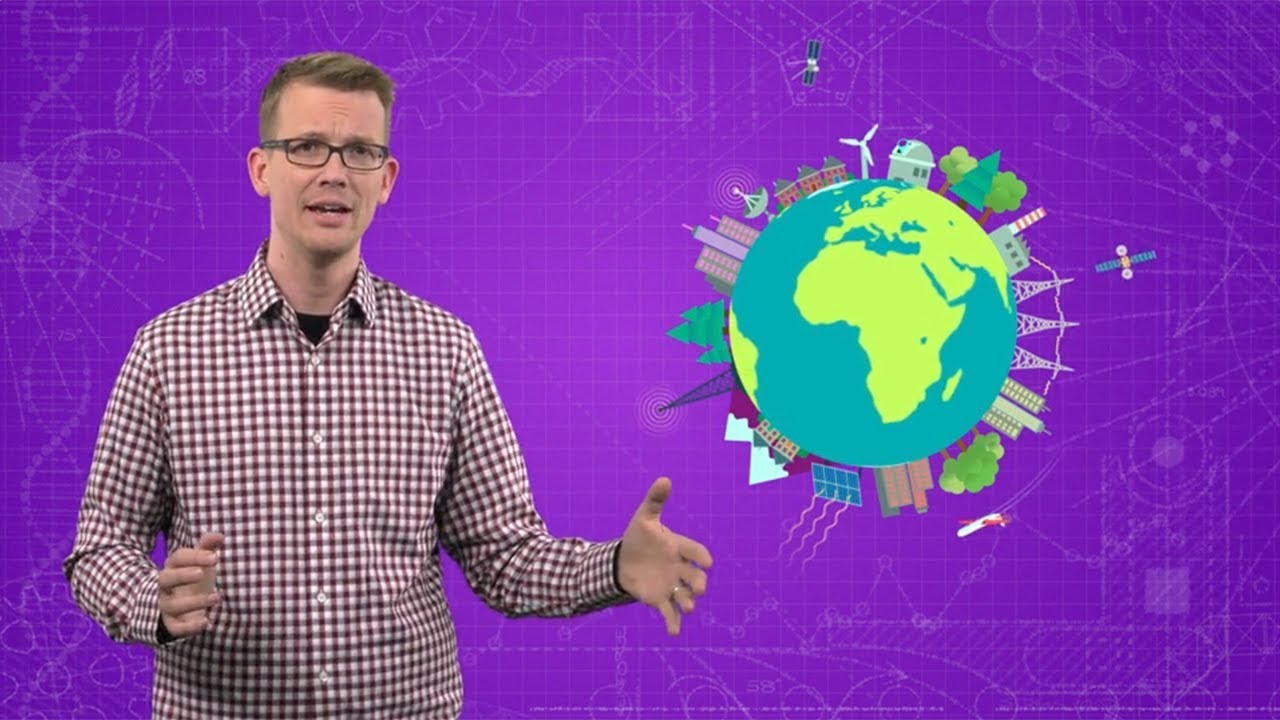
STEM education, which stands for Science, Technology, Engineering, and Mathematics, plays a crucial role in shaping the future of green energy careers. The intersection of STEM disciplines with the renewable energy sector is not only essential for sustainable development but also for addressing the global climate crisis. In this article, we will delve into The Importance of STEM Education for Green Energy Careers and explore how individuals with a strong foundation in STEM fields can make a significant impact in the transition to a more sustainable energy future.
The Connection Between STEM Education and Green Energy
Green energy, also known as renewable energy, encompasses sources such as solar, wind, hydroelectric, and geothermal power. These sources offer a cleaner and more sustainable alternative to traditional fossil fuels, which contribute significantly to greenhouse gas emissions and climate change. To harness the full potential of green energy technologies, a workforce with expertise in STEM fields is essential.
Individuals with backgrounds in science bring a deep understanding of the natural world and the underlying principles of energy generation. Technology experts develop innovative solutions for improving the efficiency and reliability of renewable energy systems. Engineers design and construct infrastructure for renewable energy projects, while mathematicians analyze data and optimize processes for maximum output.
The Role of STEM Education in Driving Innovation
One of the key benefits of STEM education in the context of green energy careers is its role in driving innovation. Through a combination of theoretical knowledge and practical skills, STEM professionals can develop new technologies, improve existing systems, and overcome complex challenges in the renewable energy sector.
Science and Research
Scientists play a vital role in researching new materials, exploring alternative energy sources, and understanding the environmental impacts of renewable energy technologies. By conducting experiments, collecting data, and analyzing results, scientists contribute to the continuous advancement of green energy solutions.
Technology Development
Technologists focus on developing cutting-edge tools and technologies that enhance the performance and efficiency of renewable energy systems. From software for monitoring solar panels to hardware for wind turbines, technology experts play a crucial role in optimizing the operation of green energy infrastructure.
Engineering and Design
Engineers are responsible for designing, building, and maintaining renewable energy facilities such as solar farms, wind parks, and hydroelectric plants. Their expertise in structural design, electrical systems, and project management is essential for the successful implementation of green energy projects.
Mathematical Modeling
Mathematicians use advanced mathematical techniques to model and simulate complex energy systems, predict performance outcomes, and optimize resource allocation. Their analytical skills help in identifying inefficiencies, reducing waste, and improving the overall cost-effectiveness of green energy solutions.
The Growing Demand for STEM Professionals in Green Energy
As the world increasingly shifts towards sustainable energy sources, the demand for skilled STEM professionals in the green energy sector continues to grow. Companies, governments, and research institutions are seeking individuals with expertise in STEM fields to drive innovation, develop new technologies, and implement renewable energy projects.
STEM professionals in green energy careers have the opportunity to work in diverse roles, including research and development, project management, policy analysis, and consulting. Whether it is designing solar arrays, optimizing wind turbine efficiency, or analyzing energy consumption patterns, STEM professionals play a crucial role in shaping the future of renewable energy.
The Impact of STEM Education on Environmental Sustainability
Environmental sustainability is a core principle driving the adoption of green energy solutions worldwide. By promoting STEM education and fostering a culture of innovation, society can accelerate the transition to a more sustainable energy system that minimizes environmental impact and mitigates climate change.
STEM professionals equipped with the knowledge and skills to develop clean energy technologies, reduce carbon emissions, and promote energy efficiency are at the forefront of the green energy revolution. Through interdisciplinary collaboration and a commitment to continuous learning, STEM professionals can drive positive change and create a more sustainable future for generations to come.
Conclusion
In conclusion, the vital role of STEM education in green energy careers cannot be overstated. The expertise and skills acquired through STEM disciplines are essential for driving innovation, advancing renewable energy technologies, and addressing the challenges of climate change. As the world transitions towards a more sustainable energy future, individuals with a strong foundation in STEM fields will play a crucial role in shaping the trajectory of green energy development.

